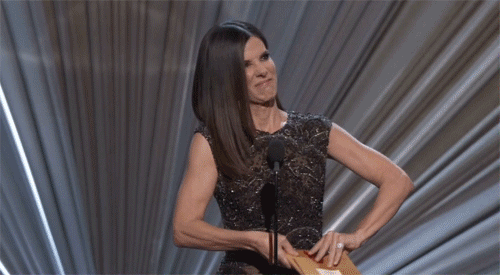Recently, fiction writer David Cameron decided to try a little experiment:
I grabbed a New Yorker story off the web (no, it wasn’t by Alice Munro or William Trevor), copied it into a Word document, changed only the title, created a fictitious author identity, and submitted it to a slew of literary journals, all of whom regularly grace the TOC of Best American Short Stories, Pushcart Prize, O’Henry, etcetera and etcetera. My cover letter simply stated that I am an unpublished writer deeply appreciative of their consideration. That was it. I sowed the seed, and waited.
Shockingly–okay, not at all shockingly–every single publication said no. Even The New Yorker.

While I realize this was short fiction and not a journalistic submission, I’m sure many freelancers are nodding in frustrated recognition. “Aha!” you’re saying, “I knew editors weren’t even reading this stuff.” I don’t know if they’re reading. I do know that, if you’re pitching a publication where you don’t have a personal connection, you’re probably not having much success. Here’s why your email to submissions@illustriousjournalisticinstitution.com went unanswered:
Cold submissions are low-priority. It’s not that every editor is getting so many pitches a day that it’s impossible to read them all. The problem is that, in an editor’s inbox hierarchy, cold pitches fall to the bottom. Editors are busy responding to writers about work that’s already assigned, and they’re corresponding with fellow staffers at their publication, and then they’re responding to new pitches from freelance writers with whom they have established relationships. They don’t have a lot of time to spend on opening and reading a slew of emails that may or may not be press releases.

You have no clue what you’re up against. As an outsider with no contact with editors, you have no idea what’s already assigned or accepted for upcoming issues. Even a stellar submission might be too close to a feature that’s already slated to run. Maybe (gasp!) this publication already has 99 white men writing for this issue and are reluctant to assign to the 100th. Who knows? Certainly not you. If an editor is in a position to accept or reject pitches, her job is to see the big picture. She’s not just line editing individual pieces, she’s got to consider how all of these pieces fit together to create a day (or an issue, or an afternoon’s worth) of content. As someone who hasn’t even spoken to her, you have no idea why your submission does or doesn’t fit her agenda. You’re flying blind. And you’re probably going to hit a wall.
The editor doesn’t recognize your name. I know we all want to live in a world where the best ideas and work are rewarded, and things like reputation and name recognition matter far less. We do not live in that world. Even if this first draft is decent, if you’re an unknown quantity, editors have no idea how difficult it is to work with you. You’re a greater risk than a writer with some clips and a reputation, both of which signal to editors that you’ve been through the editing process at a few other places and are less likely to be a total pain in the ass. This isn’t to say there are no accomplished journalists who are pains in the ass. It’s just that editors usually know it before they make an assignment and decide that writer’s other upsides are worth the headache.
You sent the exact same submission to six publications. Part of crafting a good pitch is matching the idea to the outlet. If you’re simply cutting and pasting the same email over and over–or, worse yet, BCCing several editors at once–it’s probably a good indication to them that your pitch is weak. Or maybe it just went straight to the spam folder.
You didn’t have a fresh angle or timely hook. In other words, it was just a bad pitch. When I was an editor, I can’t tell you how many slush-pile submissions failed to expose an angle I hadn’t considered before or highlight a news peg that felt perfectly timed. In the case of the story submission experiment, David Cameron sent a piece that had already run–which means that even if a New Yorker editor did open the email, I imagine he might say, without even making it to the end of the piece, “Oh, we just recently published a short story about trout fishing in America. Definitely passing.”
Ann Friedman is a magazine editor who loves the internet. She lives in Los Angeles
